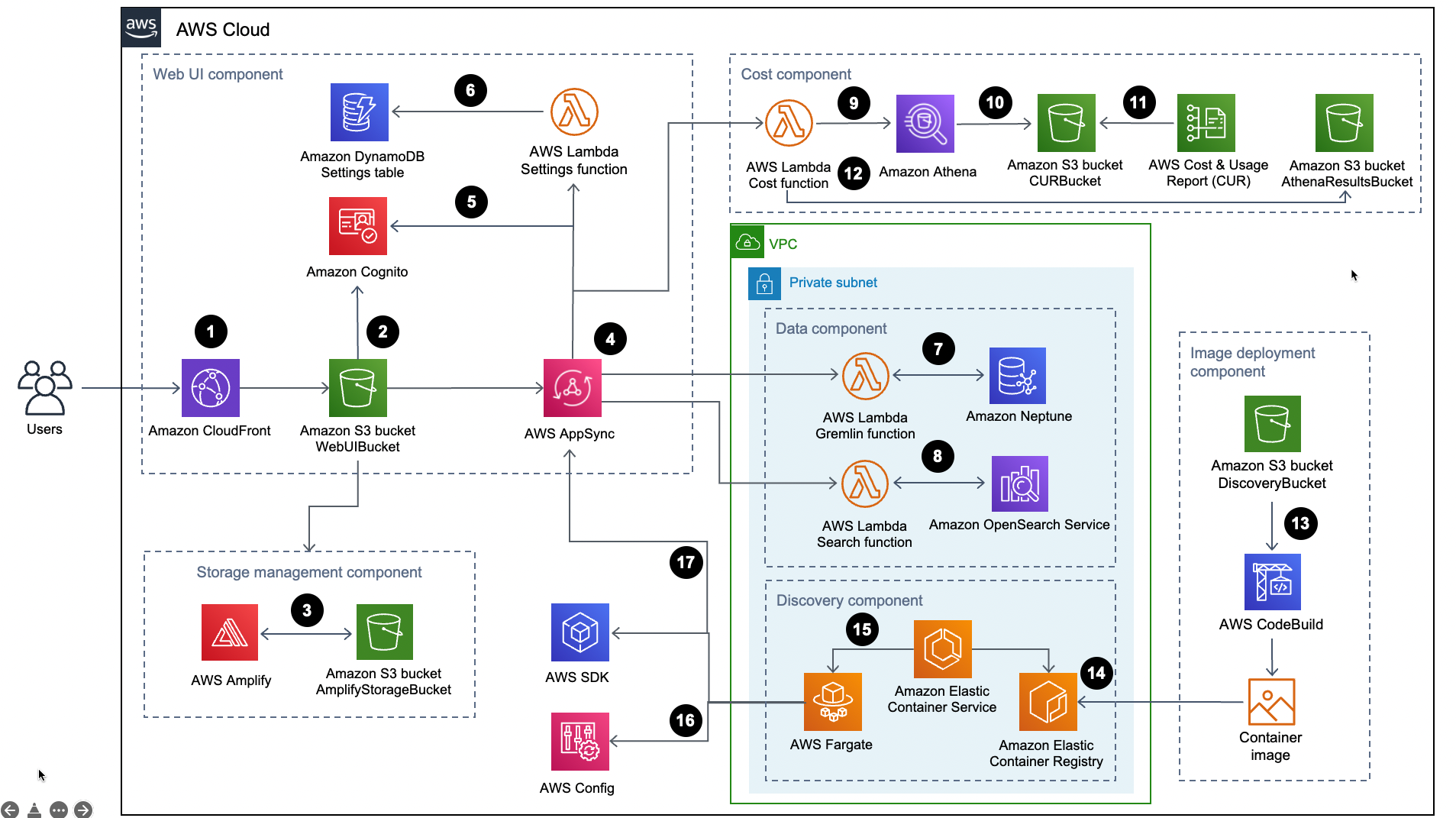In today's digital age, businesses are increasingly relying on cloud computing to power their operations and gain a competitive edge. As a result, the demand for cloud talent, especially in the area of DevOps, has skyrocketed in recent years. DevOps (short for Development Operations) is the practice of combining software development and IT operations to automate and streamline the delivery of applications and services, that are largely built in the cloud today, using cloud infrastructure. It requires a unique set of skills and experience that are in short supply, making it challenging for organizations to find and retain qualified professionals.
In this article, we'll explore the growing demand for DevOps talent and the challenges organizations face when trying to hire for these critical roles. We'll discuss the current state of the job market and the factors driving the need for DevOps professionals. We'll also examine the difficulties that companies encounter when trying to attract and retain top talent and the impact it can have on their bottom line. Finally, we'll share some tips and strategies that can help organizations overcome these challenges and build a strong DevOps team. Whether you're an IT leader, a hiring manager, or a DevOps professional, this article will provide valuable insights into the state of the industry and what you can do to succeed in this highly competitive field.

(Visualization of AWS Cloud Workloads)
The Current State of DevOps Talent
According to Emergen Research, the demand for DevOps talent is at an all-time high. In 2020, the DevSecOps market size reached $2.55 billion and is expected to continue to grow to $24.42 billion in 2028. This talent gap is posing challenges for organizations, which are finding it increasingly difficult to hire the right people and keep them on board.
As more companies move their operations to the cloud, the demand for DevOps talent continues to rise. DevOps is a methodology that emphasizes collaboration and communication between development and operations teams to streamline the software development lifecycle. However, finding qualified DevOps professionals can be a challenge for companies of all sizes.
One reason for the difficulty in finding DevOps talent is that the skillset required for the role is quite diverse. A DevOps engineer needs to have a strong foundation in both software development and operations, as well as experience working with cloud technologies like AWS, Azure, and Google Cloud. Additionally, they should be familiar with automation tools and techniques, as well as containerization technologies like Docker and Kubernetes. This broad range of skills can be difficult to find in a single candidate especially because degrees don’t cover these subject areas or require significant hands-on experience with cloud providers and their tools, which makes it challenging for companies to fill open DevOps roles.
Another factor contributing to the shortage of DevOps talent is the rapid pace of technological change. New tools and technologies are being developed and released at a dizzying pace, which means that DevOps professionals need to constantly update their skills and knowledge to stay relevant. This can be a significant investment of time and resources for both individuals and companies and can make it difficult to keep up with the latest trends in DevOps.
All major cloud providers have made a significant effort to increase the number of trained professionals in their respective cloud tool ecosystems. This ranges from developing libraries of videos and content to creating tiered certifications for various cloud- and DevOps-related professions. However, most companies want proof of competency via hands-on experience, not a certification that a candidate passed an exam of multiple choice questions.
Despite the challenges, building and maintaining a high-performing DevOps team is critical for companies looking to succeed in the cloud era. It allows them to deliver high-quality software products faster and more efficiently, providing a competitive edge in their respective markets.
However, finding the ideal DevOps candidate presents significant challenges as the role demands a diverse set of technical skills. Candidates should be proficient in scripting languages like Python, Ruby, or PowerShell to automate tasks and streamline processes, and should also be familiar with configuration management tools like Ansible, Puppet, or Chef for efficient infrastructure management and configuration. Additionally, proficiency in monitoring tools such as Prometheus, Grafana, or Nagios is essential for tracking application and infrastructure performance.
In addition, familiarity with cloud platforms like AWS, Azure, or Google Cloud Platform is a critical competency for deploying, managing, and scaling applications. With the rapid evolution of the technology landscape, finding candidates who excel in all these areas is increasingly difficult. Therefore, companies that can overcome these challenges and find the right DevOps professionals will be better positioned to succeed in the cloud era.
The Challenges of Hiring DevOps Talent
The main core challenge in finding and hiring DevOps talent is that of basic supply and demand: demand has risen, but the supply of DevOps talent hasn’t kept pace. It doesn’t help, of course, that DevOps isn’t really taught in Computer Science degrees, and if it is, the focus isn’t on hands-on DevOps experience such that talent is truly job-ready.
Another challenge of hiring DevOps talent is competition from other organizations. With the rise of DevOps, many organizations are looking for the same talent, and the pool of available candidates is relatively small. This means that organizations need to move quickly and be prepared to offer competitive salaries and benefits to attract top talent. Additionally, many DevOps professionals are looking for organizations that have a strong DevOps culture and a commitment to continuous improvement. This means that organizations need to be able to articulate their vision and approach to DevOps to attract top candidates.
Overall, hiring for DevOps can be a significant challenge, but it is a critical one. DevOps is an essential part of modern software development, and organizations that can build strong DevOps teams are well-positioned to succeed in today's competitive landscape. To overcome the challenges of hiring DevOps talent, organizations need to be proactive, flexible, and strategic in their approach to talent acquisition - which includes considering non-traditional talent sources or creating partnerships to grow talent.

Strategies for Finding and Retaining DevOps Talent
Hiring and retaining DevOps talent can be challenging, but there are strategies that organizations can use to attract and retain the best candidates. There are obvious strategies, and then less common ones that are also highly effective.
Classic strategies include:
- Creating a strong employer brand
- Offering competitive compensation packages
- Getting creative about what compensation includes
- Offering training opportunities as part of the job
- Creating a positive work environment and/or perks
These strategies, however, don’t get around the core problem of supply and demand.
Thus, more innovative strategies revolve around creating talent, internally or externally. DevOps internships are one example, but these require significant internal resources and may not be of interest to many classical computer science students hunting software engineering jobs and who don’t have much DevOps training or exposure.
Another approach that can be highly effective in overcoming the challenges of hiring and retaining DevOps talent is the implementation of DevOps apprenticeships. These programs focus on developing talent in-house, targeting the specific skills required by the company for its DevOps personnel. This strategy not only addresses the talent shortage but also helps to ensure that the newly trained professionals are well-aligned with the company's unique needs and culture.
The Urban Institute, a well-known and highly respected institution based out of Washington, DC, sees DevOps/Cloud apprenticeships as a smart, strategic, and cost-effective way to increase the supply of DevOps talent both for companies and in the economy in general. Their Cloud Engineer apprenticeship framework sets the gold standard for what programs should look like.
Here are some benefits and key aspects of DevOps apprenticeships:
- Customized training
By tailoring the apprenticeship program to the specific needs of the organization, companies can ensure that their DevOps personnel have the exact skills required to excel in their roles. This includes training in relevant scripting languages, configuration management tools, monitoring tools, and cloud platforms. - Real-world experience
Apprentices work on actual projects and receive hands-on experience, which helps them become familiar with the company's infrastructure, systems, and processes. This practical exposure accelerates their learning curve and makes them more valuable employees in the long run. - Mentorship and guidance
Experienced DevOps professionals within the organization can provide mentorship and guidance to the apprentices, fostering a culture of continuous learning and knowledge sharing. This also helps in building strong relationships and improving team dynamics. - Retention and loyalty
By investing in the professional growth of apprentices, companies demonstrate a commitment to their employees' success. This can lead to increased job satisfaction, better employee retention, and a sense of loyalty toward the organization. - Cost-effective
Although DevOps apprenticeships require an initial investment, they can prove to be more cost-effective in the long run compared to hiring external talent, as the apprentices become highly skilled professionals who are intimately familiar with the organization's systems and culture.
By incorporating DevOps apprenticeships as part of their talent acquisition strategy, companies can effectively address the supply-demand challenge while cultivating a skilled workforce that is well-equipped to handle their unique DevOps needs.
Companies Can Successfully Attract and Retain DevOps Professionals
The demand for DevOps talent continues to rise as companies prioritize digital transformation and cloud adoption. This has created a highly competitive hiring landscape, where companies are struggling to attract and retain top DevOps talent. However, there are strategies that companies can implement to improve their chances of success in this area.
One of the key strategies is to prioritize a strong employer brand and company culture, as this can be a major differentiator for candidates. Additionally, companies can consider investing in training and upskilling programs to develop existing employees into DevOps professionals, or partnering with external training providers to bring in new talent.
Overall, the challenges of hiring and retaining DevOps talent are significant, but not insurmountable. With a strategic approach and a focus on building a strong culture and brand, companies can attract and retain top talent in this critical area. This will be essential to drive success in the digital era and stay ahead of the competition.


